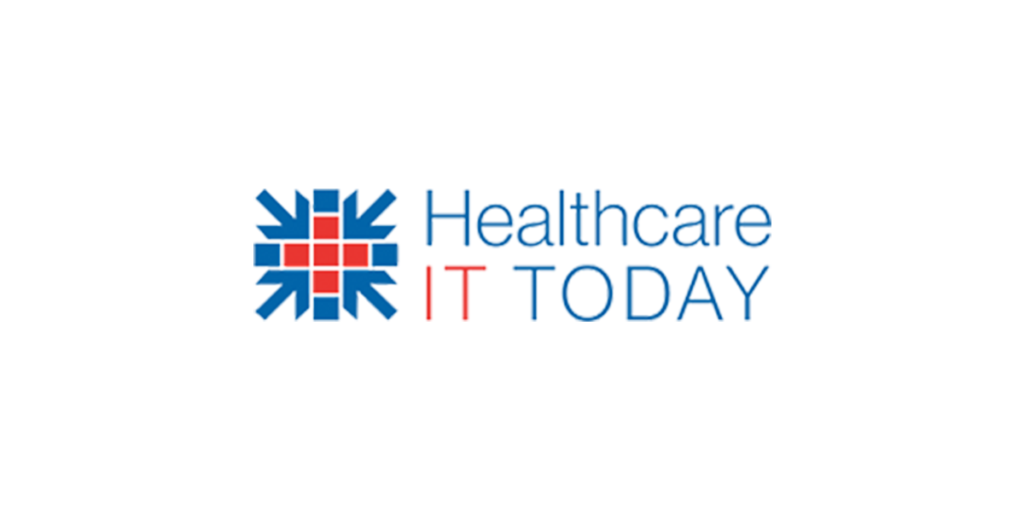Real Talk About AI in Healthcare and Intelligent Medication Management
It’s rare to hear straightforward discussions about AI in healthcare. Too often, it’s either hyped as a magic wand to solve every challenge or dismissed entirely as inappropriate for the healthcare setting. The reality lies somewhere in between: AI is navigating the typical technology lifecycle, with early adopters refining it for future mainstream use.
Given this reality, I found it really refreshing to listen to some realistic talk about AI in healthcare on a recent Epic Med Management Fireside Chat called “From Data to Decisions: The Vital Combination of AI and Human Expertise in Patient Care,” hosted by DrFirst. Colin Banas, M.D., M.H.A., Chief Medical Officer at DrFirst, led a great discussion about the reality of AI in healthcare today, including where AI is already making an impact and where it still needs work. Two experts joined Dr. Banas to dive into the topic: David Wetherhold, M.D., Chief Medical Information Officer at Scripps Health, and Dana Darger, RPh, Director of Pharmacy at Monument Health.
One of the core themes from the conversation was that right now AI is better described as “augmented intelligence” rather than “artificial intelligence.” In all of the successful AI use cases talked about on the webinar, a human was always in the loop to evaluate what the AI produces. Dr. Banas offered this important equation: AI + Clinician > AI or Clinician Alone.
The panel also acknowledged that the uses of AI in healthcare are still evolving and there are still a lot of AI use cases to be discovered. But they all expressed excitement about emerging AI-powered workflows that relieve clinicians from monotonous tasks instead of adding burden. It was also noted that while we used to think saving a physician five minutes was significant (and it is), the physician may not be aware of that savings. By contrast, some AI solutions are saving physicians 40 minutes a day. Now that’s a benefit the physician truly feels.
AI Yields Time Savings
It’s no secret that systems interoperability is still a challenge in healthcare. On the webinar, they also shared a specific use case for AI from DrFirst that takes medication data from external sources and converts it into a standard format, then imports the data into discrete fields in the Epic electronic health record (EHR) system. By automating the transcription of prescription instructions (called “sigs”) into the EHR, Scripps and Monument Health have cut down on the manual data entry that takes time away from patient care and can contribute to clinician burnout. Using machine learning, the AI improves its performance over time as it learns to translate, structure, and codify medication data with greater speed and efficiency.
On the webinar, Dana Darger commented that he thought his team could standardize and reconcile these prescription instructions manually, but they quickly realized that the number and variety of sigs made this a complex problem. DrFirst has spent years building a clinically trained AI model (no LLM needed) to make these unrecognized sigs actionable natively within Epic. In fact, Dr. Banas said the company is processing 25 million transactions per day, saving organizations time, protecting patients from medication errors, and illustrating the success of a refined AI model.
Dr. Banas calls this helping to solve the inefficiency caused by the “Dreaded Yield Sign” that pops up when a clinician tries to import a medication into the Epic EHR with details the system doesn’t recognize. If you’ve done medication reconciliation in Epic and seen this symbol, you know what he is talking about and have felt the pain of disrupting your workflow to gather and fill in data manually.
The good news is, DrFirst offers a solution to this problem and the clinicians do not even know it is happening since it all happens on the back end. Plus, on the webinar, they shared some of the results of implementing the DrFirst AI solution for medication management. Monument Health is importing medication history for 93% of patients age 65 and older, and is using AI to improve the quality of sigs for 82% of home medications imported.
Taking AI Beyond Medication Management
It was great to hear about a real use case where AI is making a difference in medication management. Plus, along with discussing this solution in action, the panelists discussed how they’re approaching other uses of AI. I was particularly fascinated by their discussion of how important it is to ask AI the right questions and scale its answer to the correct persona. If you ask the wrong question, you are likely going to get the wrong answer—whether from a human or from AI.
Watch the full webinar recording to learn more about the above and these other topics:
- Where we are with AI hype and where AI lands in a healthcare organization’s priorities
- A look at the ROI for AI
- AI and pharmacy workflows
- An example of turning a free-text sig into granular data in Epic
- The value of ambient clinical voice solutions and applying LLMs to the Epic in-basket
- A safety mechanism for AI
What’s your experience with AI in healthcare? What are some areas where you’re seeing it applied effectively? Are you applying AI to your medication management workflows? We’d love to hear your thoughts in the comments and on social media.
By John Lynn, Article Link
DrFirst is a proud sponsor of Healthcare Scene.


















